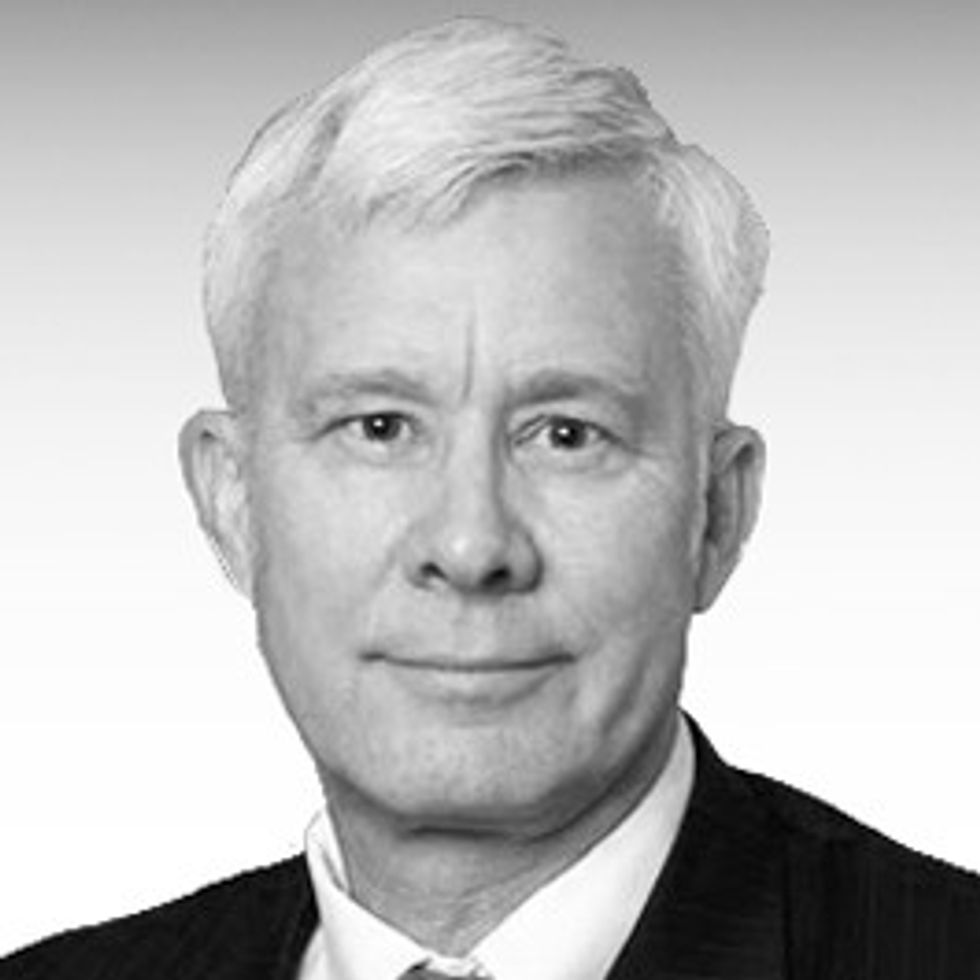Last week, a former Army Green Beret captain was indicted, accused of providing national defense information to Russia in what appeared to be a spying operation that began in 1996. Prosecutors say Peter Rafael Dzibinski Debbins was recruited by members of Russia’s military intelligence agency (GRU). Debbins went on to serve as an officer in the US Army Special Forces, was a Russian cyber analyst, and an Area Studies and Hybrid Warfare instructor for US European Command (EUCOM). According to the indictment, Debbins told the GRU that he considered himself a loyal son of Russia and thought that the United States “was too dominant in the world and needed to be cut down to size.”
If Debbins is convicted, it could suggest a return of ideological spying, something former CIA Deputy Director of Counterintelligence Mark Kelton recently wrote about in a Cipher Brief exclusive.
The majority of those recruited by Russia in recent years seemed to become spies for material gain. Here’s a look at some of the most prominent cases of those who were caught.
Background:
- Robert Hanssen (1979-2001): The most dangerous spy in FBI history, Hanssen passed US defense information, human sources in Russia, and other intelligence to the GRU and the KGB; Hanssen resumed his work for Russia’s new Foreign Intelligence Service (SVR) after the Soviet Union collapsed. Hanssen was sentenced to life in prison without parole.
- Aldrich Ames (1985-1993): 31-year CIA officer and counterintelligence branch chief for Soviet operations; volunteered to pass identities of Soviet agents working for the CIA to the KGB, many of whom were executed. Ames continued spying for the SVR and was arrested after making plans to meet a handler in Bogota, Colombia. Sentenced to life in prison without parole.
- Harold Nicholson (1994-1996): Former CIA operations officer, station chief in Bucharest, and instructor at “the Farm” training facility; recruited by the SVR in Kuala Lumpur, Malaysia. The highest-ranking CIA official ever convicted of espionage, Nicholson recruited his son Nathan as a Russian agent in 2006 while in prison. Convicted again in 2011, Harold Nicholson is scheduled for release in 2023.
- Nathaniel Nicholson (2006-2008): Medically discharged US Army enlisted infantryman who failed Ranger School; recruited to pass his father’s notes to Russian officials and collect his SVR “pension,” including to pay off family student loans; sentenced to five years on probation in 2011.
- The Illegals (1980s-2010): Although not Americans, ten SVR officers lived undercover as US citizens in New York, New Jersey, Massachusetts, and northern Virginia. They are not believed to have recruited any American spies, but likely served as spotters for other SVR officers. Ten illegals were exchanged for four Russian citizens in July 2010.
- [Note: Maria Butina and Hector Alejandro Cabrera Fuentes (arrested Feb. 2020), were both charged with acting on behalf of the Russian government, but were not charged with espionage]
The Cipher Brief tapped three of our experts: former Senior CIA Officer Dan Hoffman, former Senior CIA Officer Steve Hall and former director of Intelligence and Counterintelligence at the Department of Energy, Rolf Mowatt-Larssen to talk about Putin’s tactics and to get a better sense of Russia’s classic espionage operations inside the U.S. in recent years, Putin’s active measures campaign and Moscow’s successful use of information operations.
Rolf Mowatt-Larssen, Former Director of Intelligence and Counterintelligence, U.S. Dept. of Energy
If you study the cases of Ames, Hanson, Nicholson and Pitts, the CIA and FBI traitors of the 90s, none of them were really ideological recruitments in the way that the British Gang of Five were, led by Kim Philby. But these days, I could see a greater potential for the Russians to recruit people that believed in their worldview, that believe in what Putin thinks and says about the world, and that's a scary thing, particularly if you're on the counterintelligence side of things.
"One thing that has changed is authoritarian regimes these days, specifically the Russians, are actually appealing to disgruntled Americans out of a sense that maybe they have more to offer than they feel they have in their own country," adds Mowatt-Larssen. "There have been very few historical examples of what I would call American spies who actually believed in the Soviet ideology or what the Russians represent as a governance model and a country with their lack of civil liberties and privacy. But these days, it's easier for me to imagine angry Americans who would be more prone to not only collaborate with the Russians, but potentially do it out of an ideological affinity for what Putin and Russia represent."
Steven Hall, Former Member, CIA's Senior Intelligence Service
Going back as early as the first intelligence organizations that Lenin formed up in the early part of last century, there was a strong focus on the propaganda and active measures piece. So that's been in Russian intelligence DNA from the very beginning. However, the development of the internet and the evolution of social media has presented a propaganda opportunity, and an active measures opportunity on steroids for the Russians.
Dan Hoffman, Former Member, CIA's Senior Intelligence Service
When it comes to Vladimir Putin, it's all about cloak and dagger espionage against our national security, whether it's national security officials, Department of Defense, or the Intelligence community. Those are certainly among the highest priorities if you're talking about actual clandestine human spying. For them, it means offensive counterintelligence, it means learning what we're doing to them. Traditionally, it's how they've caught and then been able to arrest those brave Russians who were spying on our behalf. Think of the 1980s when Rick Ames gave up all of our agents and Robert Hanson.
"They know they need to recruit inside the CIA, the FBI in particular, in order to steal that information and protect themselves," says Hoffman. "Putin knows he's vulnerable. He knows that his government is corrupt and that there are plenty of people inside his government who don't like it and are looking for a way out. That's why they need to erect this massive wall of counterintelligence."
Rolf Mowatt-Larssen, Former Director of Intelligence and Counterintelligence, U.S. Department of Energy
For the Russians' espionage in particular is much more important to them as a state than it is for us, because they're the weaker party. Over the years since 9/11, the US has been far more distracted by other priorities than recruiting spies. And I'm not saying we're not recruiting spies. I'm saying we've had a lot of other priorities, whether it's Iran’s nuclear program or terrorism that have forced changes in our organization structure, methods, priorities, and ultimately interests. Whereas the Russians have I think remained remarkably focused, dead-on on recruiting spies around the world, the traditional role of intelligence services, and expanding their thinking on how they do espionage to include cyber and using modern technology, but still with the focus, with the purpose being human spies, mainly.
Steven Hall, Former Member, CIA's Senior Intelligence Service
The Russians put much more emphasis on active measures and on influence operations and on disinformation operations. So, whereas the Western intelligence focuses more on the collection of information which would be useful for policy makers in Western democracies to form better foreign policies, the Russians put a much greater emphasis on using intelligence collection and intelligence mechanisms to actually carry out active measures.
Dan Hoffman, Former Member, CIA's Senior Intelligence Service
I could certainly see the Special Operations community being a high priority. One of the lessons learned from 9/11 for the Russians was that they needed to build out that capability as well. And we've seen them do that with the Wagner Group and they're certainly cognizant of their own offensive collection, but they want to know what we're doing with our JSOC and Special Operations forces.
This piece includes research by Alex Naumov
Read more expert-driven national security insights, perspective and analysis in The Cipher Brief















